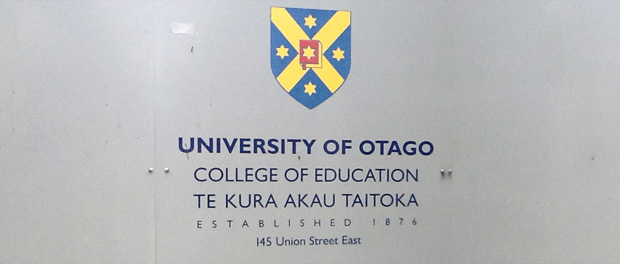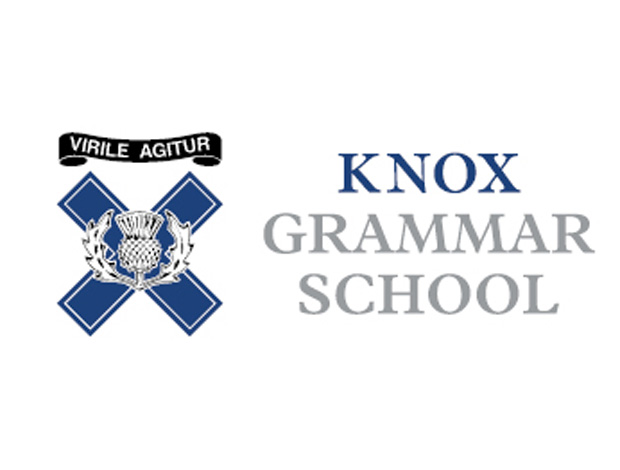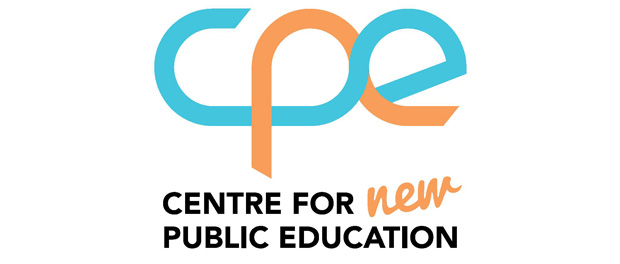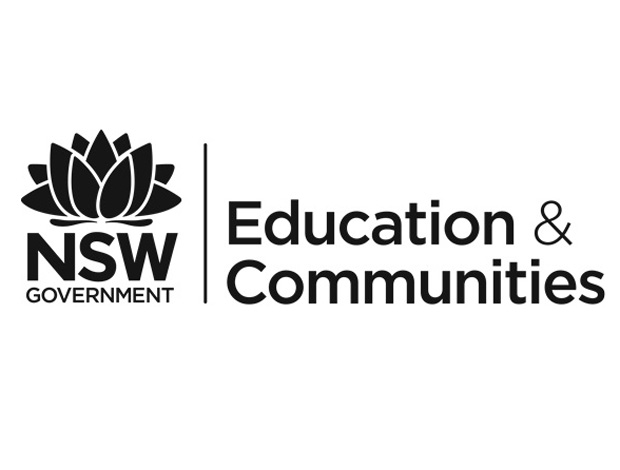It was a personal and professional delight for me to meet Dr Susan Sandretto at the University of Otago’s College of Education. As NZ’s (and arguably the world’s) leading expert in the field of critical literacy education, I was deeply influenced by her work when writing my Doctoral thesis. After my initial awe, we got down to business with a series of highly detailed discussions about the nitty-gritty of definition, scope and value of critical literacy across schooling sectors and within differing policy contexts.
Dr Sandretto holds the firm belief that teachers need a safe space to ‘play’ with critical literacy and intends to use a sabbatical later this year to work on a MOOC (massive open online course) which will allow teachers to engage with multiliteracies online. This approach has the benefit of offering teachers quality professional learning development but steers away from mandating that they comply with (yet more) rules and regulations concerning their teaching.
She has run a number of in-school professional learning and development courses across all sectors of schooling. In these workshops, she has explained the work done with pre-service teachers on critical literacies and has allowed school staff to plan and design their own teaching activities which will raise the profile of critical skills across the curriculum. She then returns for a follow-up visit where staff share, discuss and reflect on the adjustments they have made to their teaching in the intervening time. This seems an excellent approach but as she says, she cannot ‘workshop the world’!
Asked whether she thought critical literacy ‘works better’ as a discrete subject or as a cross-curricular skill, she was quite clear that it has to become embedded across the curriculum. It loses its status and impact if it is viewed as a separate subject. This, in turn, requires ‘buy-in’ from staff in all departments and requires strong school leadership to make it a reality. These suggestions have important implications for the recommendations I will make upon my return to the UK.
The NZ curriculum does not make an explicit link between critical literacy and citizenship. In her own book, ‘Planting Seeds: embedding critical literacy into your classroom programme‘ she stops short of the position which equates critical literacy with active and participatory citizenship intent on redressing social injustices. She offered an explanation why: teachers find the more radical interpretation of critical literacy scary, confrontational and intimidating. In order to appeal to the masses and get critical literacy education accepted, there is an urgent need to tread a finer line. She suggests the four resources model of Luke and Freebody (1999) as a relevant, practical and versatile structure with which teachers can start.
The report from her most recent study, Reconceptualising Literacy:critical multiliteracies for “new times” can be found here. Despite the success of this study with around 80 Year 7&8 students from a variety of schools in the Otago area, Dr Sandretto is concerned about the sustainability of such a project. What happens when she and her video camera leave the school building for the last time…is that the end for critical literacy education in the school? We both hoped not but acknowledge that dissemination of research findings and support for sustained engagement are keys to the long-term success of such projects.







Thanks Dr Arlene for a really enjoyable discussion! I look forward to hearing about the rest of your fellowship.